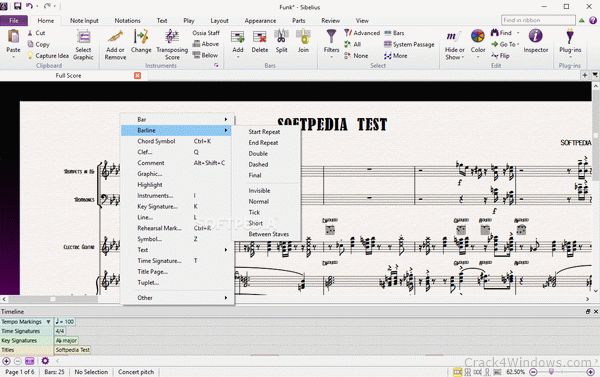
Whatever the reason, musicians keep playing, and fans keep buying, the same familiar (mostly pretty) music, over and over, usually recorded by the same celebrity musicians. Too many seem to view classical as pretty background music, just the thing when having the ladies over for afternoon tea. Hyperbole in reviews, thenand that codified vocabularyreflect a deeper problem with classical music, a flaw in the culture.


I seldom hear a new version that fundamentally changes my perspective on music I know well qualitatively, I've usually heard it before. Mistakes, repeats, and occasional abridgments aside, all of those recordings contain more or less the same notes.ĭifferences in tempo, dynamic shadings, and how (and how well) the music is recorded can of course be important, especially when those characteristics cohere into a unique personal statement, but that happens rarely. lists as currently available at least 260 versions of the "Moonlight" and 159 of the "Hammerklavier," by 90 different performers. Murray Perahia's most recent album features two of Beethoven's greatest piano-sonata hits: No.29 in B-flat, Op.106, "Hammerklavier" and No.14 in c#, Op.27 No.2, "Moonlight" (Deutsche Grammophon 479 8353). With rare exceptions, any new performance is likely to be much like many that have come before. A big chunk of the music they're reviewing has been recorded dozens or hundreds of times before, and reviewed hundreds of times, often by the same small cadre of reviewers. I think reviewers use such words becauselet's face itthere's not much left to say. Such reviews provoke an intense cognitive dissonance: Why use such effete words to describe music that's so elemental? The meaning of life? Or perhaps this is the first recording of the work that's actually loud enough to hear? Performances are "revelatory," although it's rarely clear precisely what's being revealed. A conductor's or performer's mainstream artistic choices are "exemplary." A laudable but undistinguished recording "has much to commend it" (especially when said reviewer is British). The vocabulary of classical music reviews is oddly codified. When I read such words, I envision the poor music critic writhing in his (occasionally her) listening chair, approaching an involuntary state of aesthetic ecstasy. One venerable reviewer for Gramophone magazine has used the word "beguiling" 100 times in some 900 reviews. In these reviews I often see words that I rarely see used elsewhere: scintillating, irresistible, delightful. Why, then, do I find classical music reviews so frequently annoying? I also read reviews of recordings and live performances, and have even dabbled in writing them.

I attend at least a couple of dozen classical-music performances each year.


 0 kommentar(er)
0 kommentar(er)
